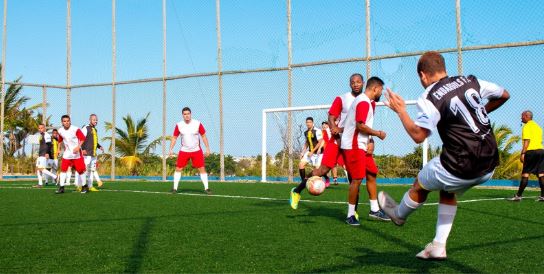The 2024 Global Sports Summit, held on May 8 in London, highlighted groundbreaking advancements in the use of artificial intelligence (AI) for injury prevention and recovery in professional athletes. The event, attended by top sports scientists, medical experts, and technology innovators, emphasized the growing role of AI in revolutionizing how athletes train, recover, and manage injuries, both in real-time and long-term.
The summit featured a series of discussions and demonstrations centered on the role of AI in enhancing sports medicine, particularly in the areas of injury prevention, recovery, and performance optimization. Key highlights included:
- AI-Powered Predictive Injury Models: Professor Walker discussed his team’s work on AI systems that analyze historical performance data, training loads, and biomechanics to predict potential injury risks. These models are designed to help medical staff and coaches adjust training programs and prevent overtraining or biomechanical stresses before they result in injuries.
- Wearable Technology and Biomechanical Feedback: Rachel Jenkins showcased her company’s new wearable technology, which tracks an athlete’s movement and provides real-time feedback. The system can identify inefficient movements, posture imbalances, or signs of fatigue that could lead to injury, offering insights that coaches and physiotherapists can use to optimize training.
- Recovery Optimization through AI: The summit also explored AI’s role in rehabilitation. Dr. Cooper presented the latest advancements in AI systems that track recovery progress and tailor rehabilitation protocols to individual athletes. This personalized approach helps to speed up recovery times while minimizing the risk of re-injury.
The role of AI in injury prevention is increasingly becoming a key aspect of modern sports medicine. Dr. Cooper emphasized that AI technology is not replacing human expertise, but rather supporting it by providing data-driven insights that lead to better decision-making.
The event concluded with a consensus that AI’s ability to predict injuries and provide personalized recovery plans is setting a new standard in athletic healthcare. Experts anticipate that these AI innovations will become a standard tool in sports medicine, ensuring the health and safety of athletes at all levels.



